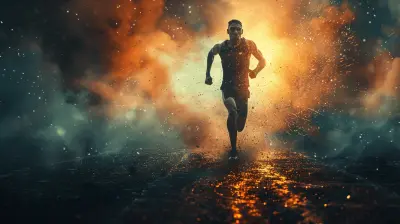Top Strategies for Success in Competitive Esports
17 July 2025
So, you've got the reflexes of a cat, the strategic mind of a general, and the burning desire to climb the ranks in esports. Good start. But raw talent only takes you so far in the ultra-competitive world of professional gaming. The truth? Success in esports demands more than just clicking heads or having god-tier mechanics. It’s a cocktail of skill, discipline, mental strength, and killer strategies.
Whether you're an aspiring pro, a ranked ladder warrior, or just someone who dreams of turning their passion into a paycheck, this guide will walk you through the top strategies for crushing it in competitive esports. Let's break it down.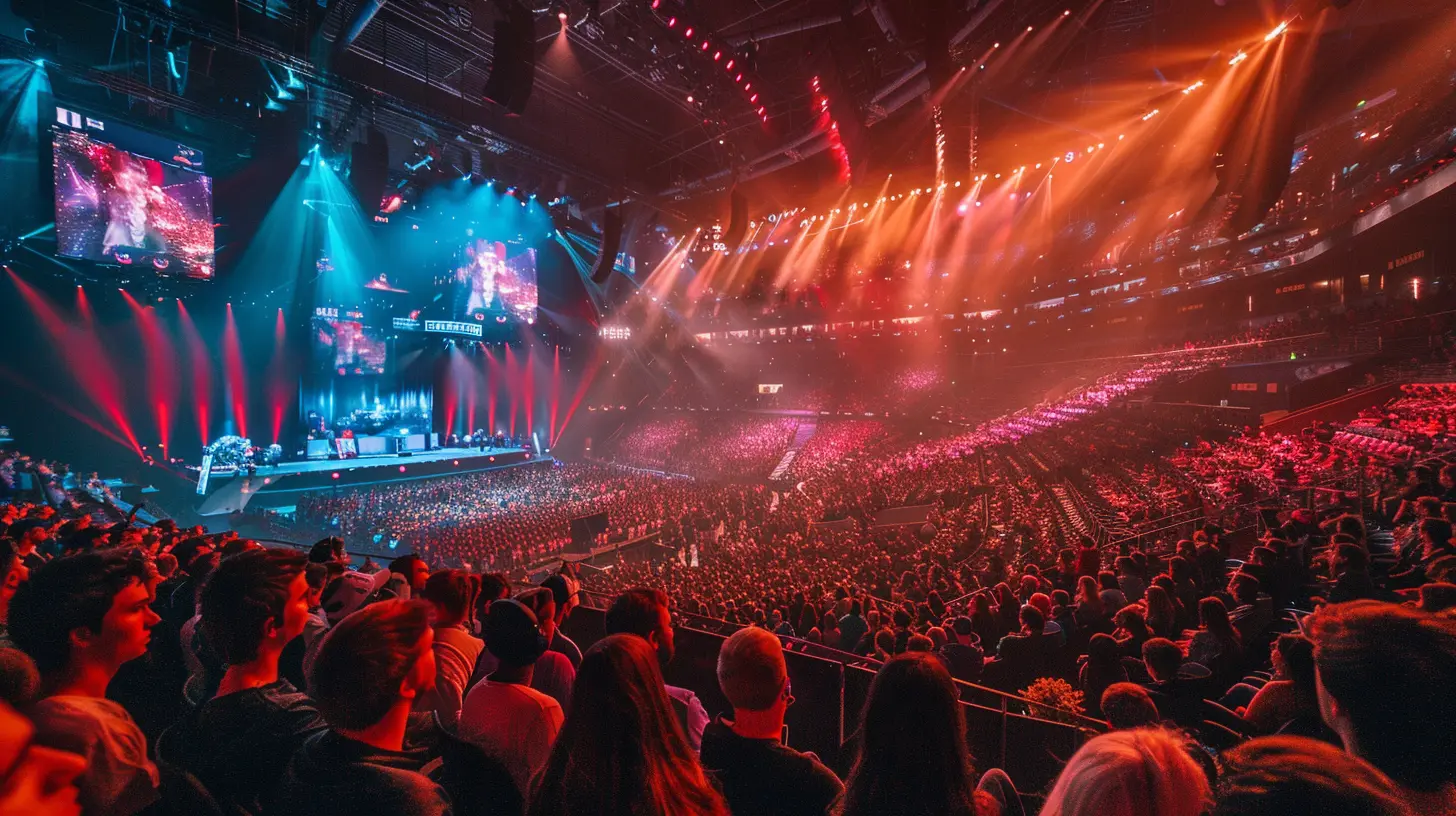
🎯 Master One Game Before Branching Out
You ever heard that saying, "Jack of all trades, master of none"? That applies 100% to esports. While it’s tempting to jump from game to game, true success starts with focusing on just one title.Pick a game that:
- Matches your strengths (FPS, MOBA, RTS, etc.)
- Has a solid esports scene (think tournaments, sponsors, viewership)
- Inspires you to grind daily
Once you've chosen your game, live and breathe it. Study the meta, understand the mechanics, and dive into the community. Mastery here equals credibility and results.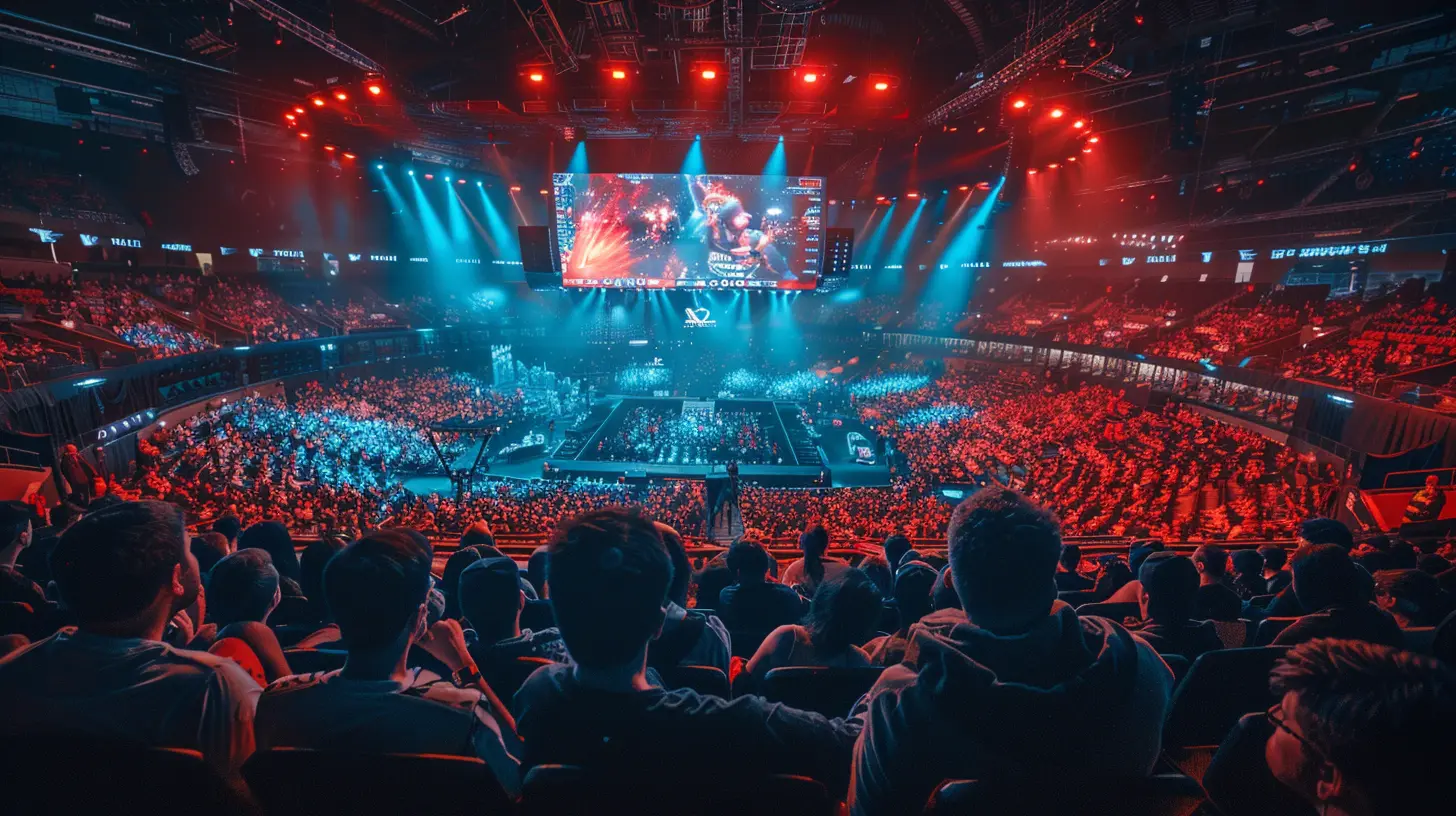
🧠 Prioritize Game Sense Over Raw Aim
Sure, having crisp aim is sexy, and yes, sick flick shots can get you on highlight reels. But guess what? Good game sense consistently beats flashy mechanics.Game sense is your inner voice saying, “They're probably flanking,” or “I’ve seen this play before, time to rotate.” It’s about reading the map, understanding enemy patterns, and anticipating plays. Want to level up your game sense?
Try this:
- Watch pro matches and pause often. Ask, “Why did they do that?”
- Review your own games — not just for mistakes, but for missed opportunities
- Play with smarter players. Iron sharpens iron.
Over time, your instincts will sharpen. You’ll stop reacting and start predicting.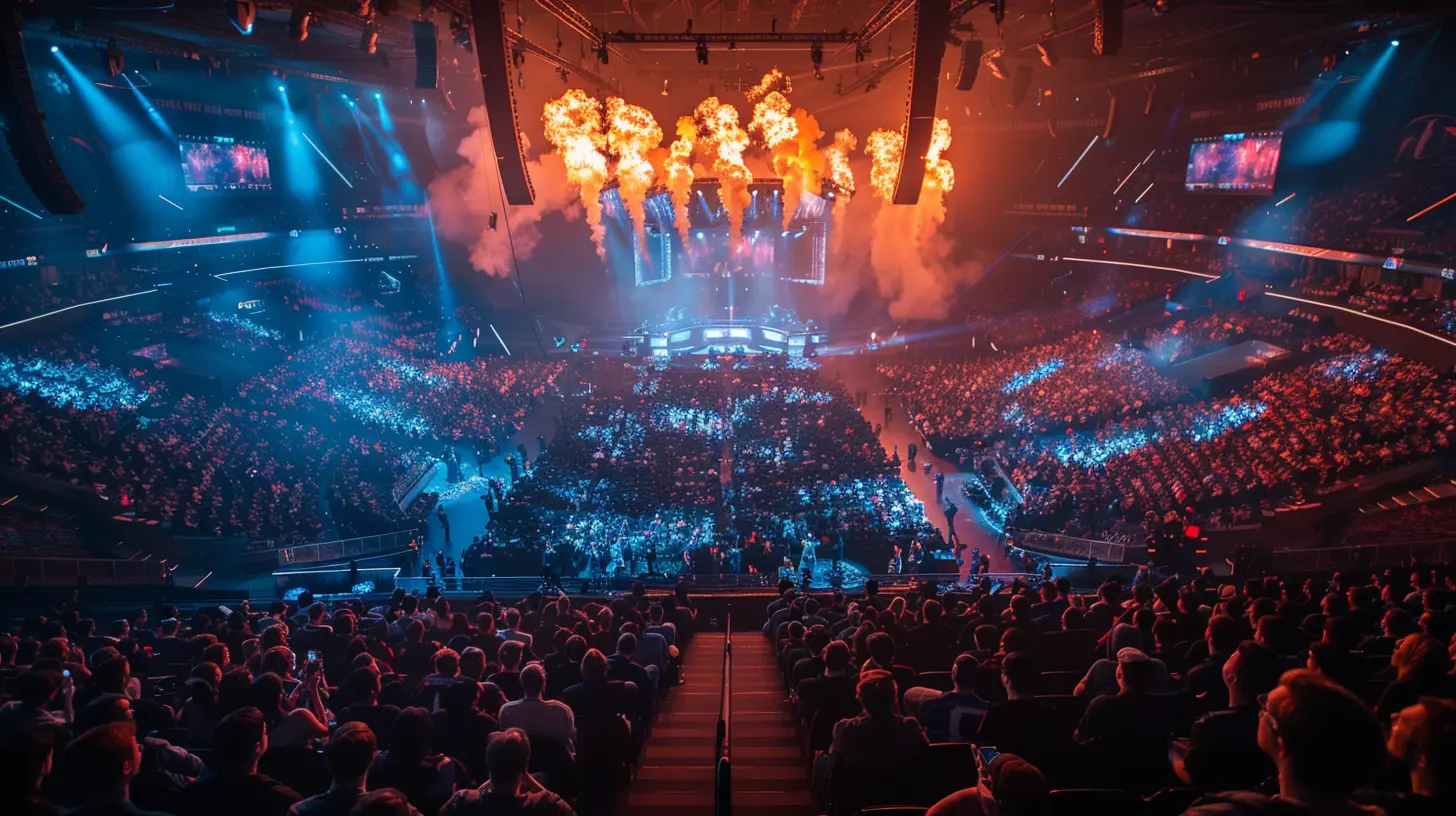
⏱ Consistent Practice > Binge Grinding
Here’s a myth: “If I grind 12 hours today, I’ll improve faster.” Hate to break it to you, but esports skill-building isn’t like cramming for a test. It’s more like going to the gym. Consistency beats intensity every time.Set realistic daily practice routines:
- Warm up (aim trainers, mechanics drills, scrims)
- Play ranked with intention (have goals for each session)
- Review matches (alone or with teammates)
You burn out less, improve faster, and build good habits. Oh, and don’t forget your hands and eyes are part of your body — treat them right with regular breaks and stretches.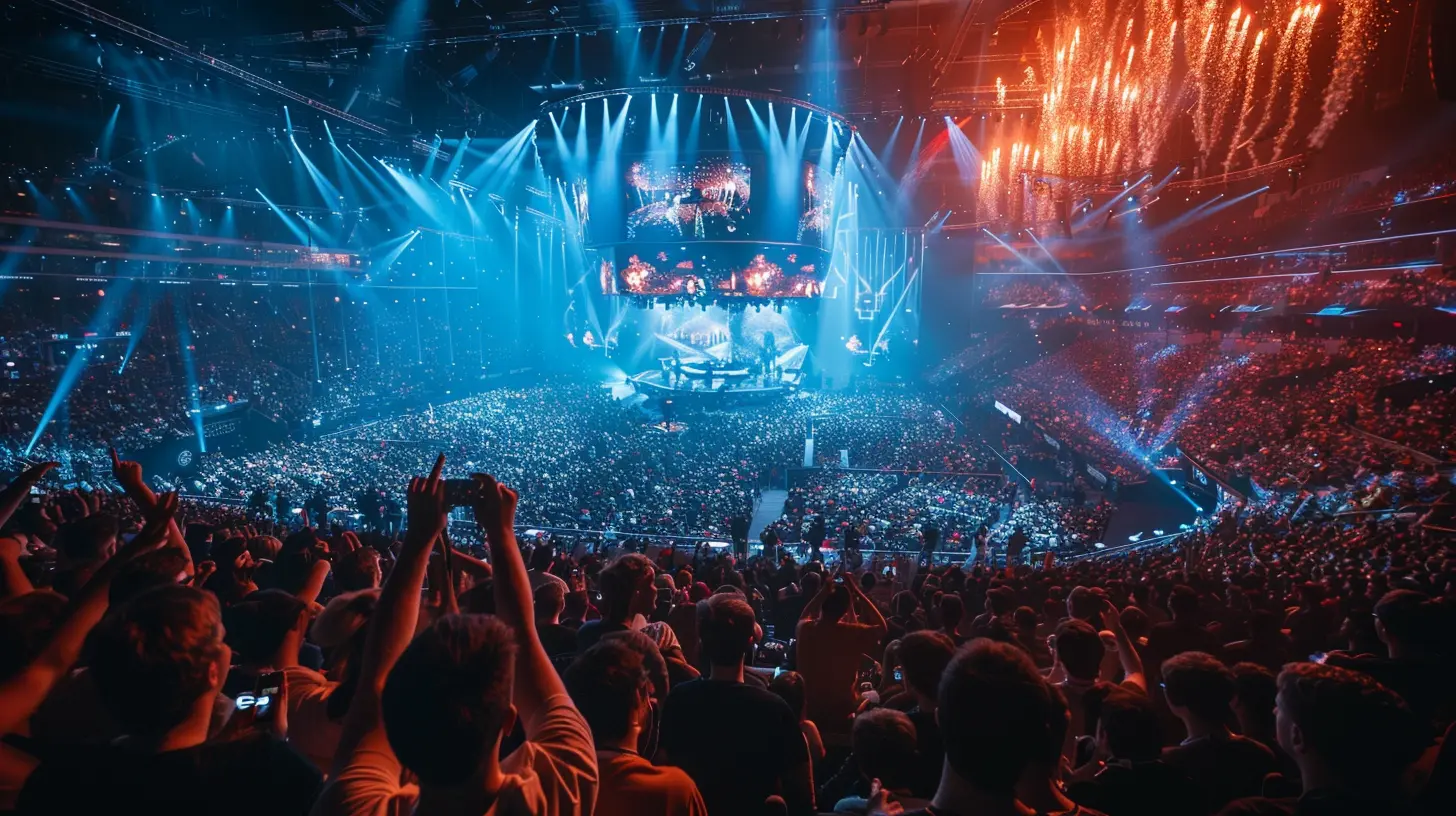
🗣 Communication: Your Secret Weapon
Want a faster way to rank up or win more games? Learn to communicate... better. Not louder. Not more. Just better.In team-based esports — like Valorant, LoL, Dota 2, or CS:GO — the difference between a good team and a great one is efficient, clear, and concise communication. This means:
- Calling enemy positions
- Sharing cool-downs and resources
- Giving quick, actionable info (not emotional rants)
Try practicing callouts in custom games. Better yet, record your voice comms with your squad and re-listen. You might be surprised how often things are miscommunicated.
📚 Learn From The Pros
In esports, the blueprint for success is readily available — it’s called watching pro play. The top 0.01% of players stream, compete, and even coach. Free masterclasses, basically.When you watch esports pros, ask yourself:
- What roles and agents/champs/heroes do they choose?
- How do they position themselves in fights?
- Where do they apply pressure, and why?
Take notes. Try to imitate their play in your own ranked games. Eventually, you’ll find your own style, but learning from the best is like using cheat codes (ethically, of course).
💪 Focus on Mental Resilience
Here’s the dark truth no one wants to admit — the grind to esports success is brutal. You will get tilted. You will lose streaks. You will doubt yourself.So, how do the greats push through? Mental toughness.
Start developing yours with:
- Tilt management (take breaks, not rage queues)
- Mindfulness (yes, meditation can help with focus)
- Reflection journals (write down what went right AND wrong)
Esports isn’t just a test of mechanics. It’s a test of mindset. The ones who can handle pressure, setbacks, and ego checks are the ones who stick around long enough to win.
🔍 Adaptability: The Meta Always Changes
Imagine training for months, only for a patch to drop that nerfs your favorite character into the ground. Welcome to esports, where change is the only constant.Successful players don’t whine about patch notes — they pivot. They adapt. They thrive in chaos.
So how do you stay versatile?
- Keep up-to-date with patch notes and balance changes
- Experiment with different roles or strategies during off-seasons
- Join discussion forums and theorycraft with others
When the meta shifts, be the storm, not the victim.
🤝 Build (and Join) a Team
True, some esports titles have successful solo players. But in the long run, most esports careers are built through teams.Find a squad that complements your skillset and shares your goals. Whether it’s a local amateur team, a Discord-based crew, or a college club — teamwork teaches you more than solo queue ever will:
- Team coordination
- Shot-calling dynamics
- Managing egos and conflicts
Plus, growing with a team gives you visibility. That’s how coaches and orgs find new talent. Your solo queue elo might be cracked, but your resume shines brighter when tied to team performance.
🎥 Create a Personal Brand
Let’s be real. In 2024, being a top player isn’t enough. You need to be visible too. Want to go pro? Start building your personal brand early:- Stream your climb on Twitch or YouTube
- Post clips on Twitter, TikTok, or Instagram
- Share insights, guides, or funny fails
Organizations love players who bring both skill and audience. And even if you don’t go pro, a solid brand can lead to opportunities in casting, content creation, coaching, and more.
🧑🏫 Get Coaching (or Mentor Someone)
Ever notice how the best athletes have coaches? Esports should be no different. A coach can spot flaws you’re blind to, keep you accountable, and help you speedrun your learning curve.Find a coach who:
- Specializes in your game and role
- Gives constructive, actionable feedback
- Understands your goals
If coaching’s not in your budget, look for a mentor. Or better yet, mentor a lower-ranked player. Teaching forces you to verbalize what you know — and that reinforces your own skills like nothing else.
🧍♂️ Stay Fit — Seriously
This one sounds “off-topic,” but it’s not. Competitive esports may be virtual, but your physical health plays a huge role in reaction time, focus, and endurance.Don't believe it? Just ask any pro player. They train their bodies like athletes because they are athletes.
Start small:
- Stretch before and after sessions
- Invest in a good chair and posture
- Find a workout routine that works for you
- Sleep. Really, get those 7–9 hours
When your body functions like a well-oiled machine, your gameplay reflects it.
🔄 Reflect, Adjust, Repeat
Here’s the final, golden strategy: Create feedback loops in everything.Every ranked session? Review it.
Every tournament loss? Learn from it.
Every patch change? Test it.
This feedback loop is what separates casual grinders from focused future pros. Always be asking yourself:
- What did I learn today?
- What could I have done differently?
- What will I focus on tomorrow?
This continuous process of reflection and adjustment turns gamers into legends.
🏁 Final Thoughts
Esports is more than just a game. It’s a lifestyle, a grind, and for many — a dream job. But under all the highlight plays and shiny trophies are months (even years) of consistent effort, strategic thinking, and emotional resilience.Not everyone will go pro. Not everyone will win championships. But if you apply these top strategies with intent and passion, you’ll discover just how far your potential can go. And who knows? Maybe you’ll be the next breakout name on the main stage.
So, what’s your first move?
all images in this post were generated using AI tools
Category:
EsportsAuthor:

Uziel Franco
Discussion
rate this article
1 comments
Sandra McConkey
Success in esports isn’t just about skill; it’s a blend of strategy, teamwork, and mental resilience. Master the mind game, and the pixels will follow!
July 29, 2025 at 4:39 AM

Uziel Franco
Absolutely! Mental resilience and teamwork are essential components of success in esports, complementing skill and strategy. Balancing all these elements can lead to victory.

